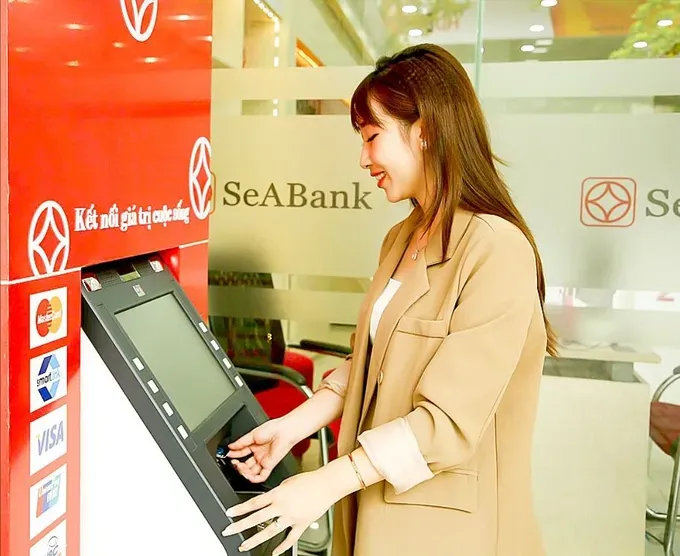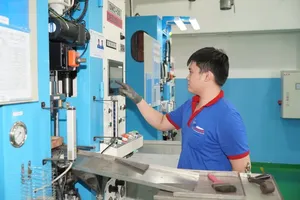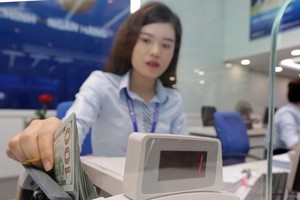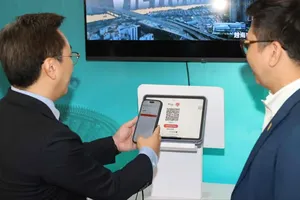
As of today, all ATM cards that use magnetic stripe technology will be deactivated across the entire banking system. This move is a key part of the payment security upgrade roadmap of the State Bank of Vietnam (SBV), outlined in Circular No. 18/2024, aimed at protecting users from the escalating risks of high-tech crime.
Consequently, users must switch to modern chip cards or non-physical (virtual) cards to avoid any interruption to their cash withdrawals, transfers, or payments.
Magnetic stripe cards, identifiable by the black magnetic band on the back, store “static” information that is easily skimmed and duplicated to create fraudulent cards. In contrast, chip cards utilize an electronic microchip with dynamic encryption, making them virtually impossible to clone and significantly enhancing user security. This superior technology has led to their widespread adoption globally, and the SBV has been managing the transition away from magnetic stripe cards since 2019.
Deputy CEO Nguyen Ho Hoang Vu of Eximbank, stated, “Our customers have largely completed the conversion to chip cards. However, to prevent any transaction disruptions, we have proactively identified active accounts that had not yet switched, pre-issued new chip cards for them, and sent them to their home branches. Branch staff are now contacting these customers for a quick, free exchange.”
Similarly, Agribank is encouraging the switch by waiving new card issuance fees and has directed its branches in rural and remote areas to organize mobile card exchange points to support customers through the transition.
Following the tightening of security for personal accounts, the SBV’s Circular No. 17/2024 now mandates that all corporate bank accounts must update the biometric data of their legal representatives. Effective today, July 1, any corporate account failing to meet this requirement will have its online transaction functions suspended.
This is a decisive step by the SBV to enhance the transparency and security of the financial system and to mitigate the risk of financial crime, especially given the problem of millions of “dormant” or untraceable accounts.
According to the latest SBV statistics, as of May 15, over 711,000 corporate client profiles (over 66 percent of all active corporate accounts) had completed biometric data matching. To avoid service interruptions, commercial banks have been continuously urging businesses to complete the authentication process.
Banks like SHB are offering both in-person and online verification via its SHB Corporate Mobile app, while MB has integrated the process into its BIZ MBBank app for Vietnamese citizens. VietinBank allows synchronization of biometric data from individuals to businesses if data of the representative matches.
For business owners residing abroad, this requirement has posed a challenge. The SBV has acknowledged this and is considering amending Circular 17 to better accommodate different client groups, with changes expected in September 2025.
Director Nguyen Anh Tuan of the SBV’s Payment Department clarified that the amendments will likely include exemptions for specific cases, such as Fortune 500 corporations, government agencies, and publicly listed companies. In the interim, unverified businesses can still conduct transactions in person at bank counters.
E-wallets officially recognized as means of payment
Also starting today, e-wallets are officially recognized as a means of payment, placing them on par with cash, cards, and bank accounts. This new legal status enables greater functionality. Users can now transfer money between different e-wallet systems or directly from an e-wallet to a beneficiary’s bank account without needing a linked bank account as an intermediary. They can also deposit cash directly into their e-wallets at various service points.
























